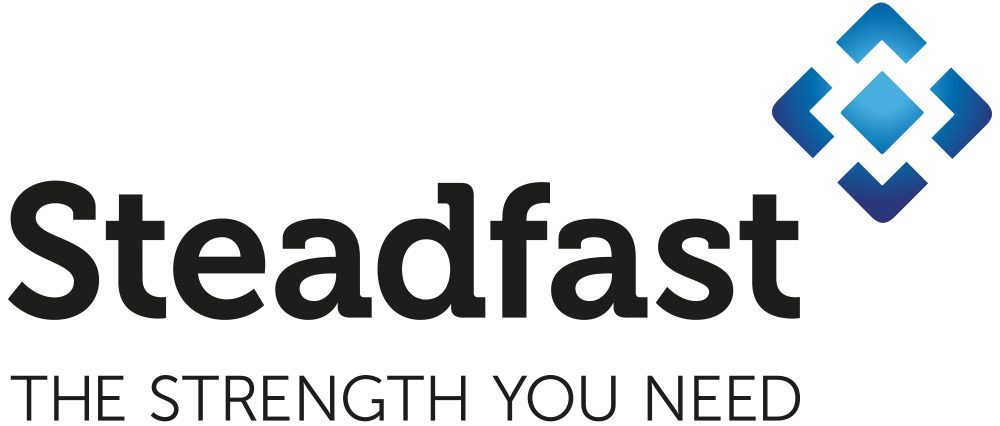
If you run a hospitality business, you face a myriad of challenges every day. Not only do you need to smoothly run day-to-day operations—doing your best to provide quality service and products, and keeping up with or ahead of the competition—but you may also contend with issues related to staff turnover, dealing with commercial landlords, staying abreast of legislation related to penalty rates, and ensuring you’re adhering to regulations relating to alcohol, tobacco and gambling.
On top of all this, you need to ensure those housekeeping elements are in place, one being having a comprehensive hospitality insurance policy that covers you in a range of unforeseen circumstances.
What is Hospitality Insurance?
Hospitality Insurance falls under the category of business insurance, however given how broad the industry is, and the different types of hospitality businesses in includes (cafes, clubs, restaurants, bars, food trucks), exposures will vary greatly, so a range of different policies may be added to general business insurance cover, as part of a Hospitality Insurance package.
How Hospitality Insurance can help you
Hospitality Insurance is essential for hospitality businesses of all sizes. If you are employing staff, working out of a premises, running equipment, and serving produce to the public, you’re exposed to a range of risks. You need to be covered in circumstances that something goes wrong. If you aren’t, you may have significant expenses to pay, which may prove ruinous to your business.
Exposures in hospitality businesses
What are the exposures unique to hospitality businesses? There are many, but let’s look at the main ones we see.
Machinery breakdown
Unless you’re incredibly lucky, machinery breakdown is likely to occur at some stage, especially when equipment operates for long durations. So, it’s important you have the right cover to ensure you don’t lose out.
Machinery breakdown may include:
Cold storage equipment failure
A fridge, freezer, or display cabinet failure may lead to damaged foodstuffs. This could be due to the equipment’s age, faulty or poorly-maintained equipment, or temporary power outage.
Result
- Food products have perished and can’t be sold to customers. You need to discard costly produce and pay replacement costs.
- You experience business interruption as you wait for the equipment to be repaired or replaced. (Business Interruption Insurance may apply here.)
- If the food was not kept at the right temperature and you weren’t immediately aware of the equipment failure, you may have sold food unfit to eat. There is the possibility of food poisoning. (Public & Products Liability Insurance may apply here.)
Switchboard failure
A faulty or poorly maintained switchboard can lead to smoke damage or fire in the switchboard, which may spread to other areas.
Result
- Infrastructure, equipment, and produce could be damaged by smoke or fire, or water from sprinklers.
- You need to close up shop while it’s sorted out, leading to lost revenue. You may not be able to resume operations until the problem is fixed, and may need to wait on a commercial landlord to fix it. (Business Interruption Insurance may apply here.)
- You may need to keep paying wages whilst you are unable to operate.
Business interruption loss
There are certain problems we don’t see coming, but their impacts may be huge. In the case of unexpected fire or water damage, you may need to shut up shop until your premises are safe to work in. You may also need to repair or replace equipment essential to your operations.
Then there are the lost profits and other additional costs following damage to your property. Having a business continuity plan is essential for your peace of mind, but so is Business Interruption Insurance, which can help to cover some of these unexpected costs.
Management Liability
Management Liability is a form of professional indemnity insurance that protects company directors and officers in hospitality businesses if they are sued or named in an investigation. The risks covered with this type of insurance are:
- Financial mistakes when managing company finances
- Data breaches
- Staff illness due to poor hygiene practices
- Director liability if someone believes them responsible for losses due to mismanagement.
Property Insurance
If you own or lease out property to a hospitality business, you need Property Insurance. Property Insurance protects you from financial losses caused by unexpected events, like fires, storms, theft, and lawsuits. The right property insurance policy can protect you from risks like property damage, liability claims, and loss of income.
Property insurance can also cover repair and replacement of damaged property, temporary relocation, and income lost due to a business closure due to a covered event.
When talking about damage to property, the property insurance may cover damage to guest property, or to property of a hospitality business leasing your building.
Public Liability
Public Liability Insurance is an important business insurance that covers you if you are liable to pay claims arising from personal injury or property damage caused by your actions while operating the company’s premises, vehicles and equipment. Claims may come from customers, patrons in your venue, or employees, with the intention of covering expenses like medical bills or lost income.
Examples of liability claims are:
- A customer bites into a sandwich prepared by your catering business and breaks a tooth. They discover a foreign object in the sandwich, and make a claim for damages.
- A group of customers become ill after consuming food prepared on your premises.
- A spill occurs but the area is not cordoned off. An employee slips over and is injured.
- An employee is not provided with appropriate training and PPE. They receive burns on the job, and make a claim.
Litigation and compensation payouts can be huge and could potentially ruin a hospitality business, as can legal fees. This is why Public Liability insurance is integral.
Worker’s Compensation Insurance
Under Australian law, it’s compulsory for employers to take out Workers Compensation Insurance. This insurance covers workers in case they become sick or injured because of work. Workers compensation includes payments to employees to cover their wages while they’re not fit for work, medical expenses and rehabilitation.
Purchasing Hospitality Insurance
When looking to purchase hospitality insurance, you aren’t expected to know every risk your business faces. An insurance broker that specialises in Hospitality Insurance will make a full assessment, and cost it out so that you know what exposures you need cover for.
Insurers will include a number of considerations into their assessment. Some of the common questions asked relate to common exposures like fire and water incidents, or incidents that could result in liability claims. These include:
- What is the age of the premises your business operates out of, and how was the building constructed?
- Where are your premises located?
- What sort of cooking equipment is used and could it be a fire risk?
- Are deep fryers used, and do they have a mechanical or electronic temperature control?
- Is the cooking flue system cleaned by a qualified external cleaner? How often?
- What fire prevention measures are in place? Are extinguishers serviced?
- Is your electrical equipment well-maintained? (Equipment kept clean, tested and tagged?)
- Do you have appropriate food safety measures in place?
The step beyond purchasing a policy
Not only will an insurance company identify potential exposures in order to put together a range of policies to cover your business, but they will also discuss with you how you plan to avoid incidents in the first place.
An insurance broker will want to see that you have a Business Continuity Plan (BCP) in place, should anything go wrong. This should be prepared regardless of how small or large your operation is. You need to know how your business will respond to unforeseeable circumstances so that you can still deliver your services and maintain your business’ reputation.
If an insurance broker notices risks related to machinery or equipment, they may ask that you enter into a maintenance agreement that ensures regular inspections and cleaning of machines/equipment, and helps extend their useful life.
They will also prompt you to consider a range of possibilities and how you would respond in the circumstances. For example, they will ask if you have allowed for additional costs if you experience a major loss? Have you considered the rebuilding phase, and that this may take some time?
Steadfast Eastern Insurance Brokers – Hospitality Insurance
We understand the challenges those operating a hospitality business face, and know that simple Business Insurance won’t cover the full scope of these unique exposures. When we look at matching you with the right insurance policies, we take a wide-ranging view to identify potential exposures, and ensure that we create a package of insurance policies that guard you against potential business damage.
Contact us today and we can match you with the right insurance policies for you.
Back to News
